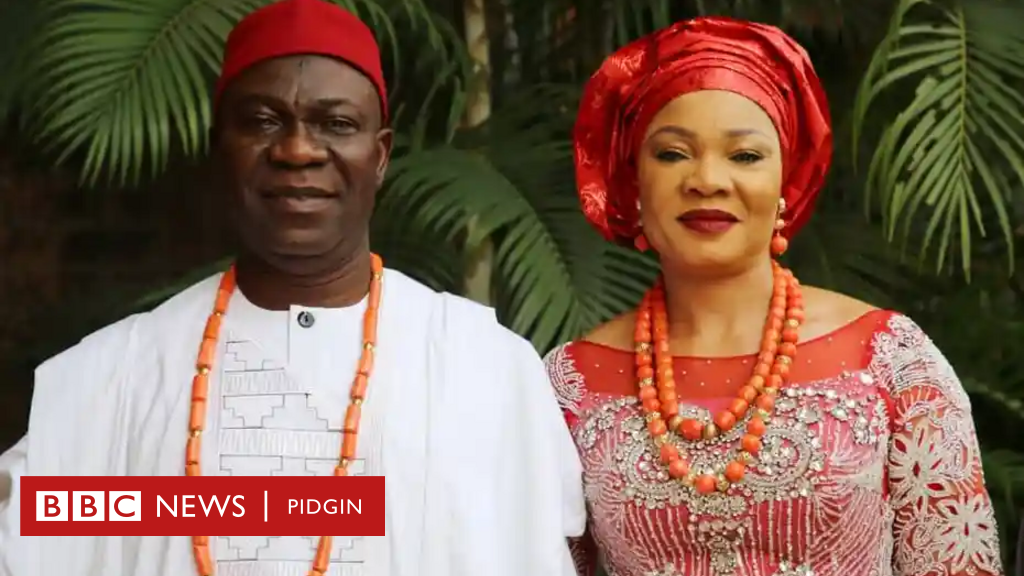The Federal High Court in Abuja has dismissed a suit filed by MultiChoice Nigeria challenging the FCCPC’s intervention in its recent subscription price increase, labeling the suit an abuse of court process
[dropcap]T[/dropcap]he Federal High Court sitting in Abuja today dismissed a suit brought by MultiChoice Nigeria, the parent company of DStv and GOtv, challenging the Federal Competition and Consumer Protection Commission’s (FCCPC) intervention regarding its recent hike in subscription prices.
Also read: FCCPC halts MultiChoice Nigeria’s planned price hike amid investigation
Justice James Omotosho, the presiding judge, ruled against MultiChoice, describing the company’s legal action as an abuse of the court process.
MultiChoice Nigeria had approached the court seeking a determination on the FCCPC’s authority under Section 17(a) of the FCCPC Act to issue an order restraining the company from increasing its prices.
The pay-TV operator also sought a declaration that the FCCPC’s directive to reverse its price hike was discriminatory and violated Section 42 of the Constitution.
In response, the FCCPC filed a counter-affidavit, informing the court that a similar lawsuit concerning the same subject matter was already pending before the Lagos Division of the Federal High Court.
Recall that MultiChoice had increased its subscription rates by up to 25% on March 1, 2025, citing inflation and rising operational costs as the reasons for the price adjustment.
In his judgment, Justice Omotosho sided with the FCCPC, stating unequivocally that MultiChoice’s suit constituted an abuse of court process due to the ongoing parallel proceedings in Lagos.
“This suit is an abuse of court processes and a duplicity of actions,” the judge declared.
Justice Omotosho emphasized that MultiChoice should have pursued its arguments within the existing suit filed in the Lagos Division, rendering the current Abuja filing procedurally inappropriate.
“The issues raised here can be dealt with in the suit filed in Lagos. The rule of law permits a counterclaim, and although the Lagos suit was filed by the FCCPC, MultiChoice can counterclaim,” he explained.
The judge further noted that MultiChoice had the option to address its grievances in the earlier suit without resorting to filing a new one.
While Justice Omotosho acknowledged the FCCPC’s investigative powers under its establishing Act, he clarified that the commission lacks the authority to fix or suspend prices unless explicitly delegated to do so by the President through a gazetted instrument.
“The power to fix prices is exclusively that of the President. Any decision taken without such delegation is a nullity,” he asserted.
“This suit is an abuse of court processes and a duplicity of actions,” Justice James Omotosho stated while dismissing MultiChoice’s suit.
He further stated that Nigeria operates a free market system, which allows service providers like MultiChoice to set their prices, with consumers retaining the freedom to either accept or reject those prices.
Justice Omotosho underscored that “Nigeria’s economy operates as a free market, with price controls permissible only when set by the President for an entire industry under Section 88 of the FCCPC Act”. He added, “If the President chooses to fix prices, it must apply to the entire industry and not a single player unless that player is a monopolist.”
The judge ruled that the FCCPC’s actions, including directing MultiChoice to suspend its price increase, infringed upon the company’s right to a fair hearing and appeared to be selectively targeted.
He dismissed the FCCPC’s argument that MultiChoice held a dominant market position, deeming it untenable.
“The use of services like those provided by the plaintiff is discretionary and not essential. Nigeria can do without them,” he stated.
Justice Omotosho further held that MultiChoice operates within a non-regulated industry characterized by multiple competitors, and there was no compelling evidence presented to the court suggesting that its pricing was excessive.
He concluded that MultiChoice’s services are discretionary rather than essential and that the FCCPC’s role is limited to investigation and reporting to the President, who ultimately holds the authority to act under Section 88 of the FCCPC Act.
Justice Omotosho cautioned that attempts by regulatory bodies to fix prices without proper legal backing could discourage investors and negatively impact the economy.
Also read: MultiChoice Nigeria raises DStv compact price by 21% amid subscriber backlash
The court reaffirmed that while the FCCPC has the mandate to investigate market practices, it cannot impose price controls without the appropriate legal authority.
























